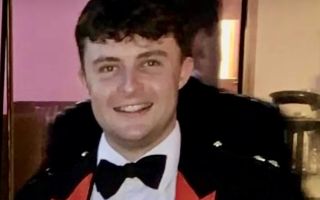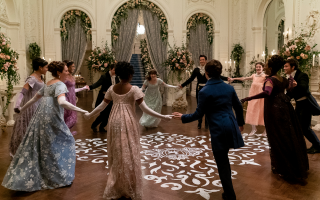Explained: How Royal Marines sniper team took out drug boat with a single shot
As HMS Lancaster nears the end of her life, and with it, the end of any significant Royal Navy presence in the Gulf region, the Royal Navy frigate delivered perhaps one more decisive blow to the narcotics trade.
A sniper team from 42 Commando disabled a drug-laden skiff by shooting out its engine, a high-risk operation that demanded meticulous planning and precision.
Speaking to BFBS Forces News, former Royal Navy Commander Tom Sharpe – who commanded four ships during his 27-year career – offered his insights into HMS Lancaster's pivotal role in the Gulf region, the methods used by drug smugglers and how operations like this are common practice for the Royal Marines.
Once in a lifetime shot
Dawn breaks over the Gulf of Oman. A skiff, travelling at 40 knots and heavily laden with 1½ tonnes of heroin, crystal methamphetamine and hashish, careers towards an unknown location.
On its tail is a Wildcat helicopter, carrying with it a Maritime Sniper Team from 42 Commando.
Travelling backwards from an open door, the sniper steadies his rifle and fires a single precisely placed round that hits the skiff's engine - and in an instant £35m of narcotics is wiped off the drugs trade.
This is no spectacle, but a calculated manoeuvre: routine maritime deterrence that quietly strips away at the narcotics trade worth billions.
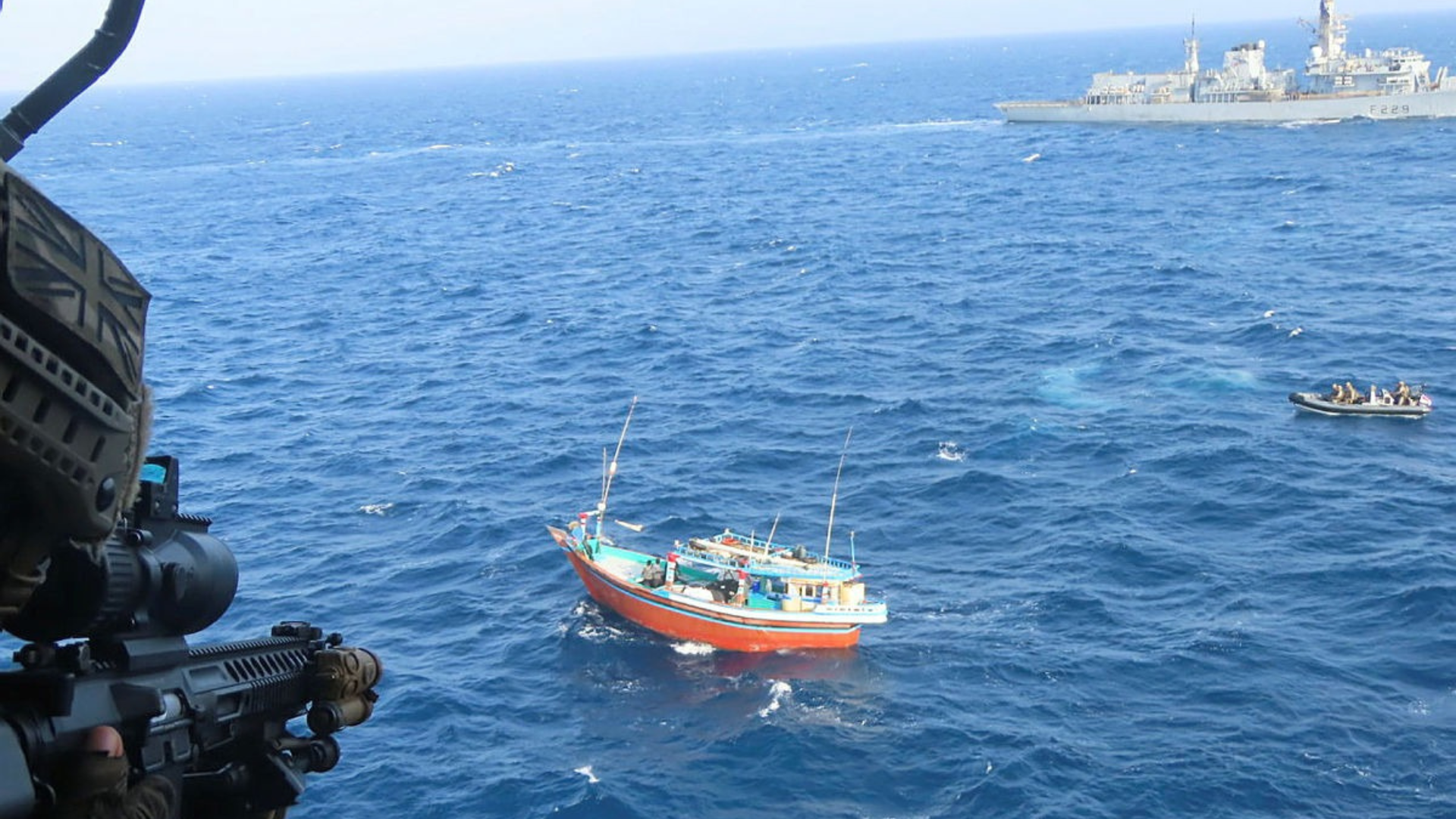
Royal Navy presence in the Gulf
The Gulf of Oman's geographical location positions it as a vital transit point for transnational drug smuggling. Specifically, it serves as a central hub for drug trafficking operations connecting the Gulf with Asia and Africa.
Operating out of the Royal Navy's Middle East hub in Bahrain since late 2022, HMS Lancaster acts as the UK's commitment to maritime security in this region.
As a versatile, multi-role warship, she plays a vital role in patrolling international waters to ensure the safe passage of global shipping and disrupting illicit activities – particularly drug smuggling.
"Ultimately, she's there as a show of UK sovereign force, as a deterrent," said Cdr Sharpe. "She's there to take action."
A crew of about 200 includes a detachment from 42 Commando – specialists in boarding operations.
A two-man sniper team works in tandem: the spotter, who identifies the target and calculates the shot, and the shooter, who executes it.
Deployed on Wildcat and Merlin helicopters, they provide overwatch and interdiction support during maritime security and counter narcotics operations.
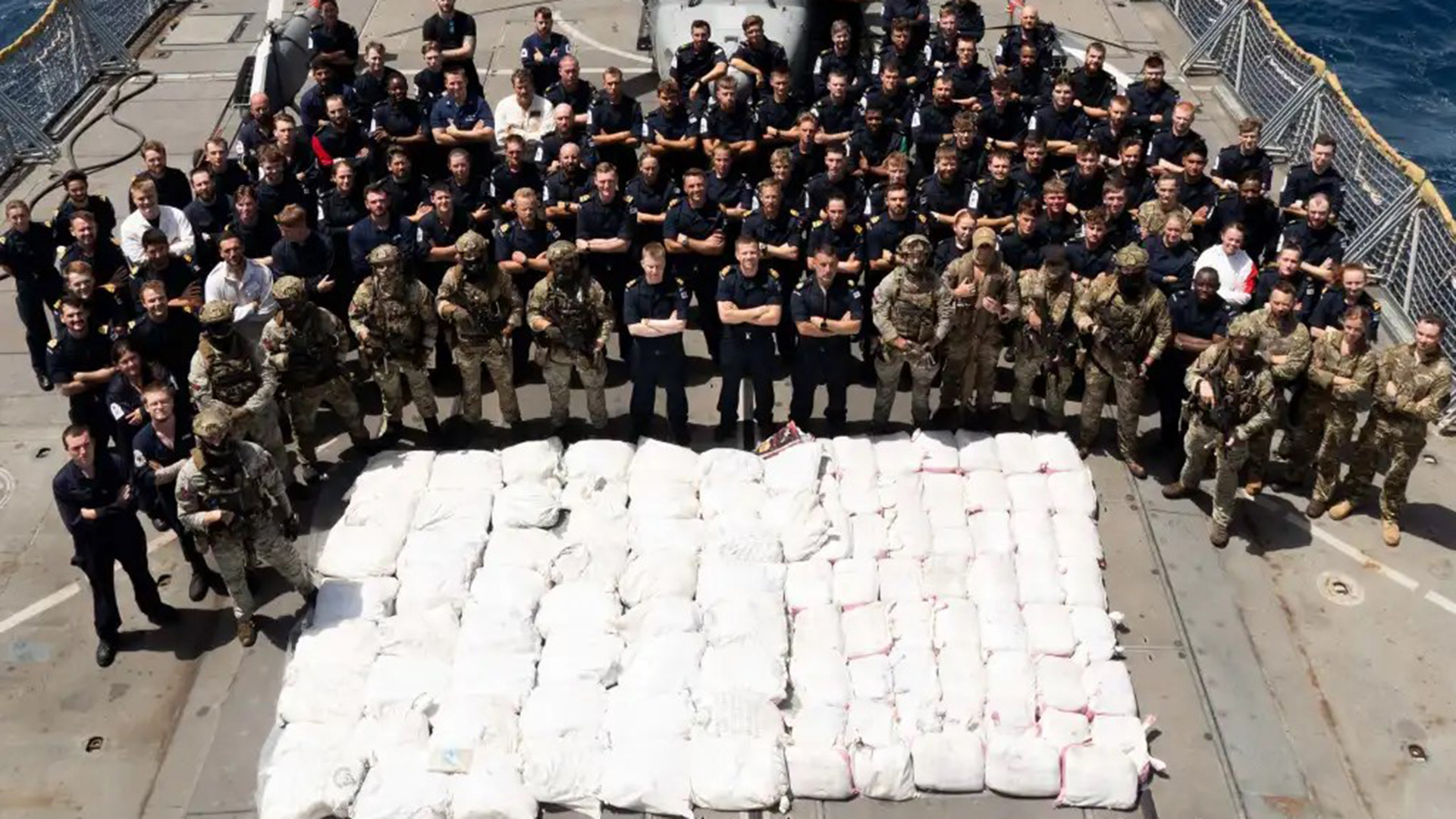
Cat-and-mouse tactics
To remain undetected, drug smugglers rely on the vastness of the ocean, using dhows – traditional wooden cargo boats, or skiffs – small, fast speedboats.
"It's a needle in a haystack method more than anything", explained Cdr Sharpe. "It isn't more sophisticated than that.
"They're hoping that if they keep their heads down and move fast enough, they won't be found out. But that's clearly not what happened this time."
While he described the shot that disabled the skiff as the "glamour" moment, Cdr Sharpe emphasised that reaching that position requires "quite a few pieces of the jigsaw to be in place early".
"One is rather measured and intelligence-led. It feels like a game of chess with a rapid acceleration at the end", he explained. "The other is 'what the hell's that?' and suddenly you're in a flurry.
"In an ideal world, someone on the ground or through signal intelligence or another tracking method has gone 'there’s a boat going from A to B, on this course and speed, and we think they've got drugs on board'."
At 40 knots, the drug-laden skiff easily outpaces its pursuer, HMS Lancaster, whose top speed is just 28 knots. If the intelligence picture fails, and the frigate can't get ahead of the target, the opportunity vanishes.
But the Royal Navy had an ace up its sleeve: the uncrewed Peregrine drone.
A militarised adaptation of the civilian Schiebel S-100, the Peregrine is equipped with infrared and an electro-optical camera, giving it night vision and the ability to operate in poor visibility.
With a top speed of up to 125mph, it can quickly cover vast stretches of ocean, putting an end to this game of cat-and-mouse.
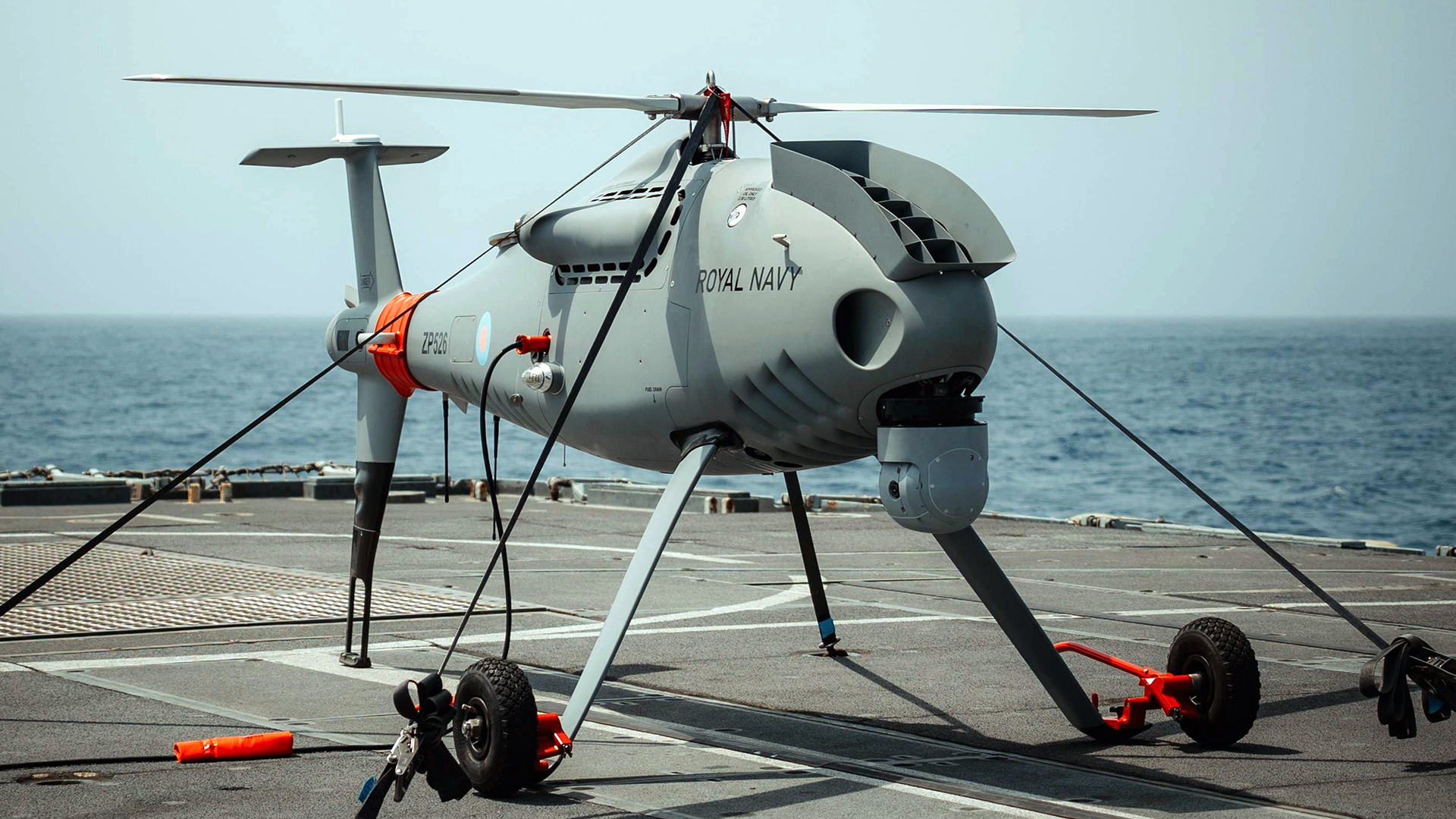
In this scenario, it was used to provide overwatch while the Wildcat helicopter was launched, and kept up that surveillance while it returned to go on strike.
"That's not as easy as it sounds," said Cdr Sharpe. "Either the helicopter or the Peregrine landing on the flight deck of the frigate will black that deck – in other words, the other one now can't land on it."
"There are elements of synchronisation involved... and it can all get very exciting. The clock's ticking, the skiff is probably heading towards territorial waters, ditching their cargo or jumping in the water – now you're into a safety of life at sea situation.
"So there are many, many parts to this."
Three-dimensional chess
But just how difficult is it to shoot out an engine on a vessel speeding along at 40 knots, while moving backwards in a helicopter?
Cdr Sharpe said it got him and a couple of his helicopter friends "scratching their heads".
"Shooting backwards is a whole different paradigm," he said. "You're playing three-dimensional chess with the pilot of the aircraft to get it into the optimum position so the pilot can fly as required."
It demands constant communication between the sniper team and the pilot, especially when they are about to fire, as "in the past, they've been given a bit of a fright by that", he added.
While Royal Marines would argue it isn't the hardest shot by any means, Cdr Sharpe – who has seen snipers under his command hit Coke cans bobbing in the sea – suspected some of that talk could be nothing more than a humble brag.
"Whenever you see something like that, you just end up very glad they were on our side," he said.
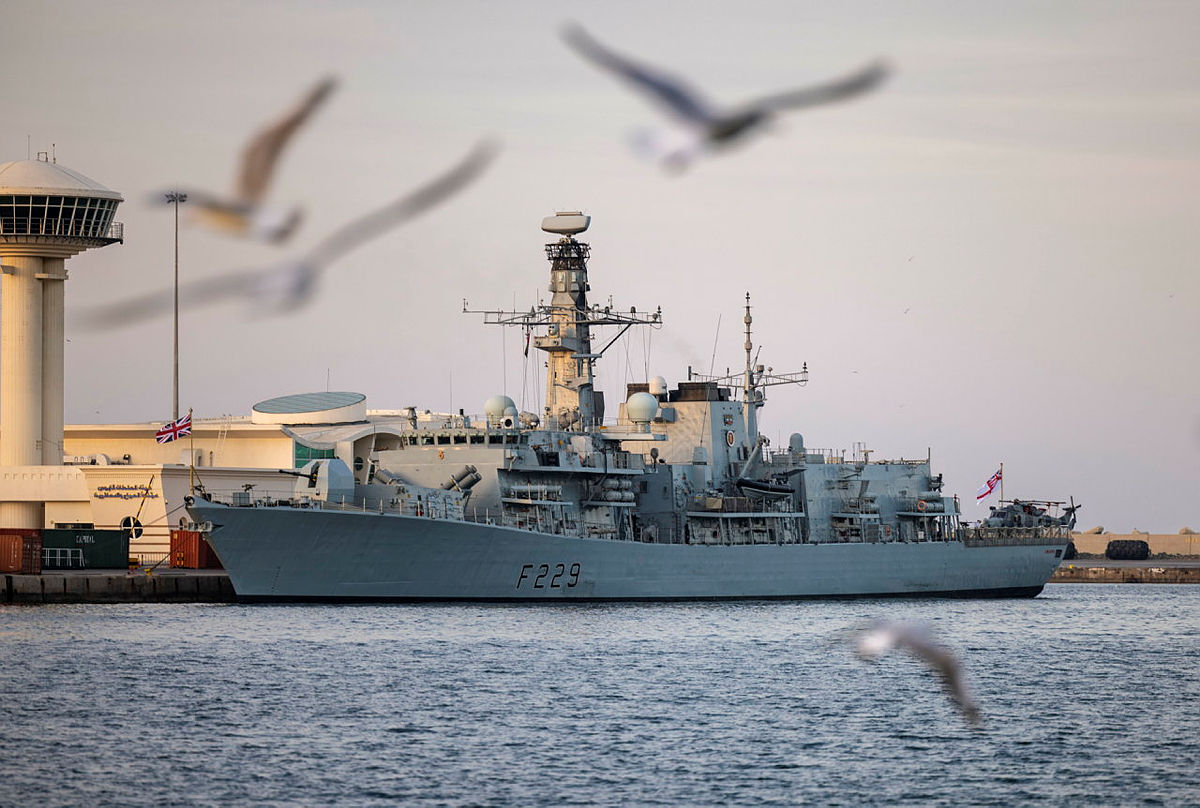
End of an era
HMS Lancaster is reaching the end of her life and will be decommissioned when she returns home from her latest deployment.
With no warships currently available to replace her, it will mark the end of any significant Royal Navy presence in the Gulf region.
"The region is so important for all sorts of reasons. Whether it's interdicting drugs or assuring trade, these are critical to the UK," said Cdr Sharpe.
"We may send patrol boats, and there's talk of putting the Peregrine uncrewed system on the back of them, which I think would be excellent. But it costs money, and it requires positive intent from the UK Government.
"Lancaster will return, and we will end up with one mine hunter in the Gulf. That's the lowest presence we've had since forever, at a time when that region remains so important to us.
"It doesn't feel like it because it's so far away, but we are at a time when we need it more, and we're about to get less, which is rather sad to see."



